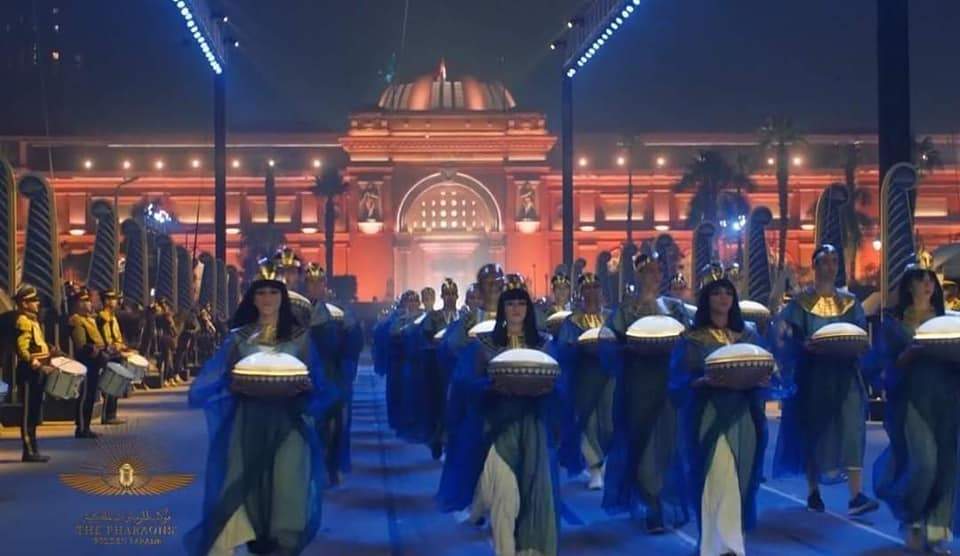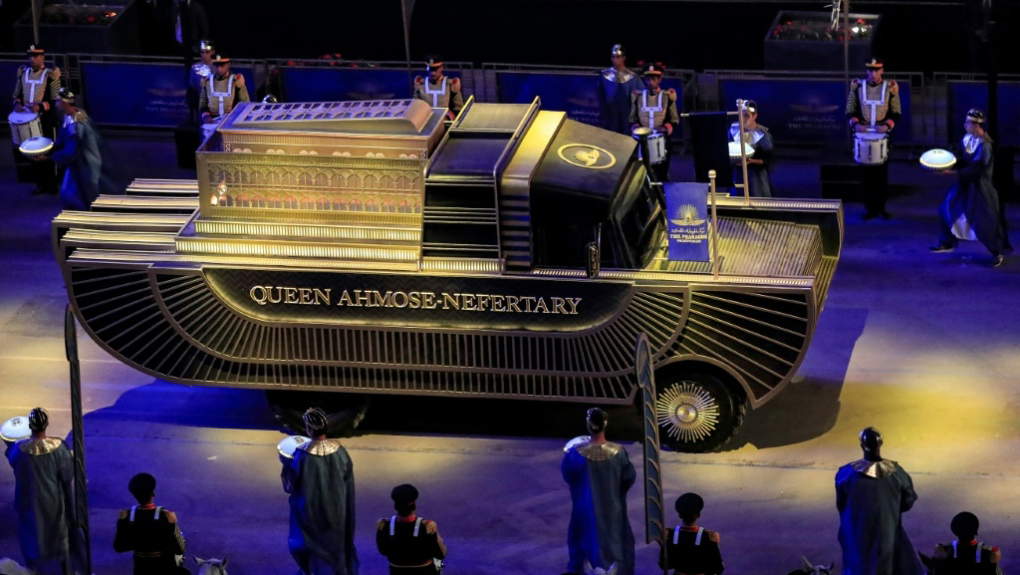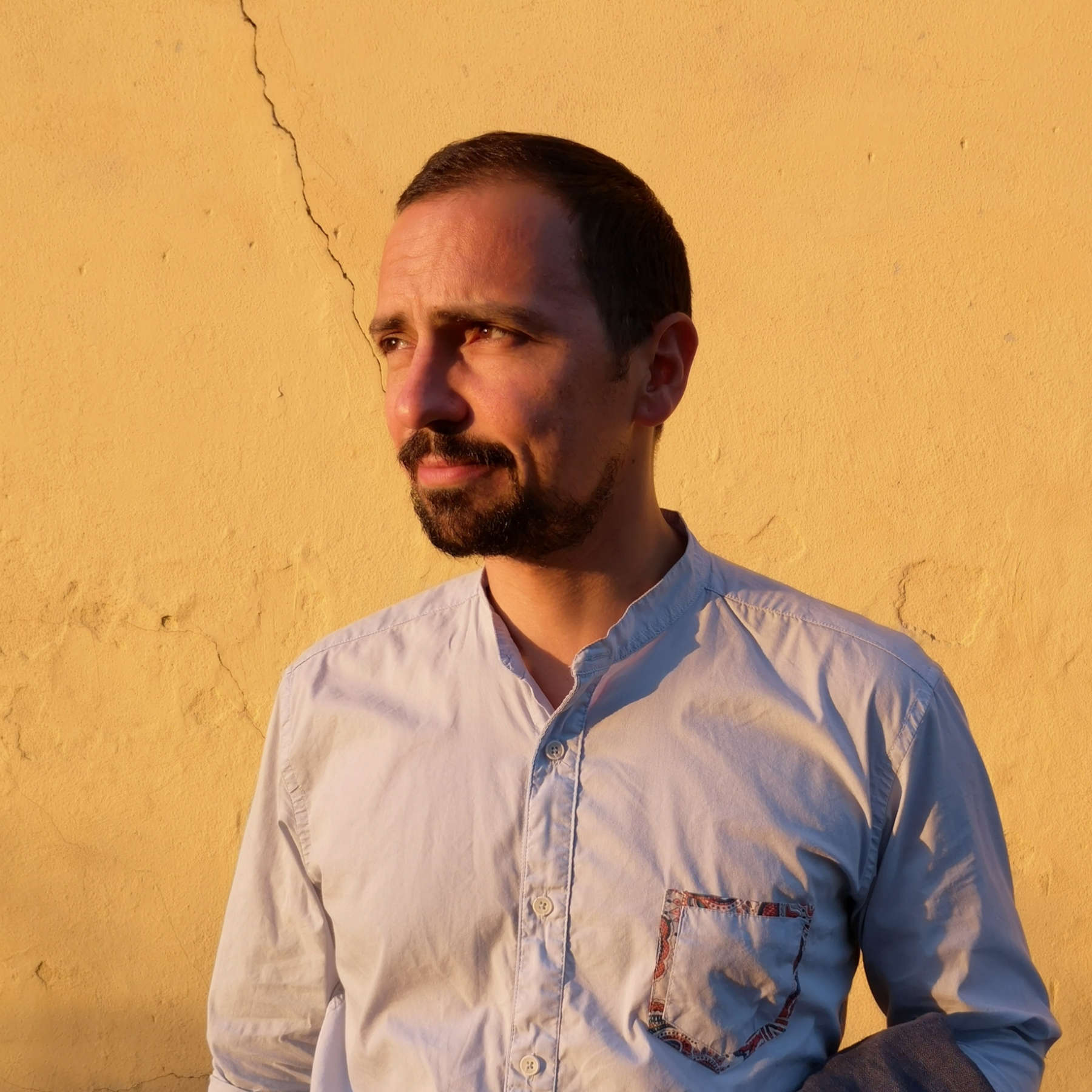Archaeology has never been so public. So public that it recently became a show when the mummies were transferred from the Egyptian Museum in Cairo’s Tahrir Square to the National Museum of Egyptian Civilization. A show to be consumed from the armchairs at home and projected live from the streets of Cairo, transformed into a very expensive rodeo to glorify the government-regime of Abdel Fattah al-Sisi. Thus the past is used as a political tool, a social diversion to boost tourism but also sweeping more controversial aspects such as the repression of political dissidents or the tripled investment in the army at the expense of the population’s welfare.
The controversial heir and crown prince of Saudi Arabia, Mohammed bin Salman internationally criticized for the systematic suppression ofrights to freedom of expression is investing heavily in the Kingdom’s image, including a major redevelopment of the Hejaz archaeological area north of Medina that will soon reopen to international tourism.
In some cases, politics is appropriating archaeological heritage and using it as a marketing tool. A mass cultural weapon to deceive public opinion with artifice. That is why today, as in the past, it is most important to study the past, but also the society and the political context in which this heritage is read and used.
 |
| The Pharaoss Golden Parade |
 |
| The Pharaoss Golden Parade |
Never before has archaeology been so extraordinarily relevant and connected to our present. For this reason, those who study this subject today cannot avoid taking sides, confronting and relating to the society in which they work.
At the domestic level, the querelle between the director of the Egyptian Museum in Turin Christian Greco and Fratelli d’Italia leader Georgia Meloni over the institution’s temporary initiative to benefit all Arabic-speaking citizens comes to mind. The Egyptian archaeological collection, in the media’s eye, no longer had a merely educational or conservation role, but took on a strongly social connotation by dividing public opinion. The Turin Museum in turn became a political scene, although in this case the director’s operation was aimed at cultural inclusion and the development of new audiences and not at stimulating controversy.
It needs to be understood that archaeology can no longer be only study, research or popularization, but is also “political” in the broadest sense of the term. The first studies onpublic archaeology and its social and political role officially began as an academic discipline in the 1980s at University College London contributing to a change in the way of thinking about archaeology. One of its founding fathers, Peter Ucko, fought to include native Australians in specialized studies of them.
From the Buddhas of Bamiyan blown up by the Taliban for religious reasons to the bronzes of Benin, there is no heritage that is silent and frozen in the era in which it developed. Beyond the historical facts, the past continues to speak. In some cases it cries out. Just listen to the voices of the protesters in front of the British Museum or in Washington following the cultural decolonization movements.
There is no cultural heritage today without its re-interpretation, no scientific popularization without constructing new meanings for new generations. This is why the role of academics, curators and teachers is to make Research current by stimulating debate, discussion and even criticism. “He who controls the past controls the future: he who controls the present controls the past,” wrote George Orwell in his 1984.

The author of this article: Marco Turini
Archeologo e consulente si occupa di musei, formazione e comunicazione dei beni culturali (ideamuseo.it)
Warning: the translation into English of the original Italian article was created using automatic tools. We undertake to review all articles, but we do not guarantee the total absence of inaccuracies in the translation due to the program. You can find the original by clicking on the ITA button. If you find any mistake,please contact us.